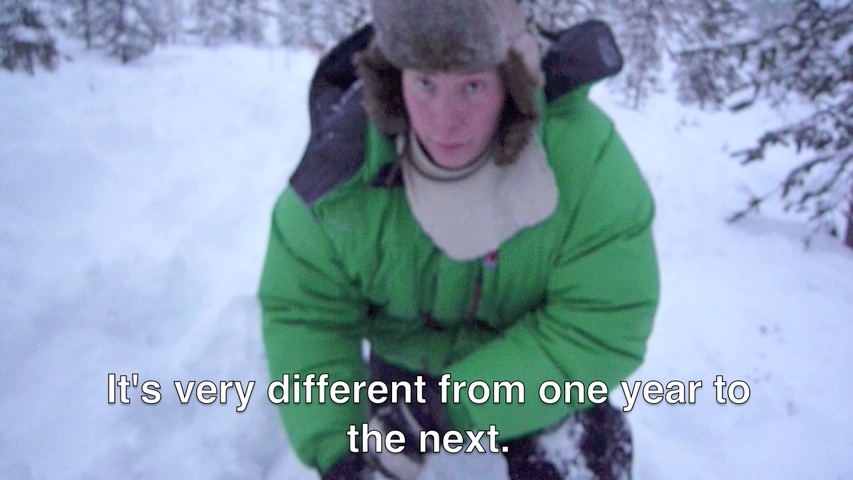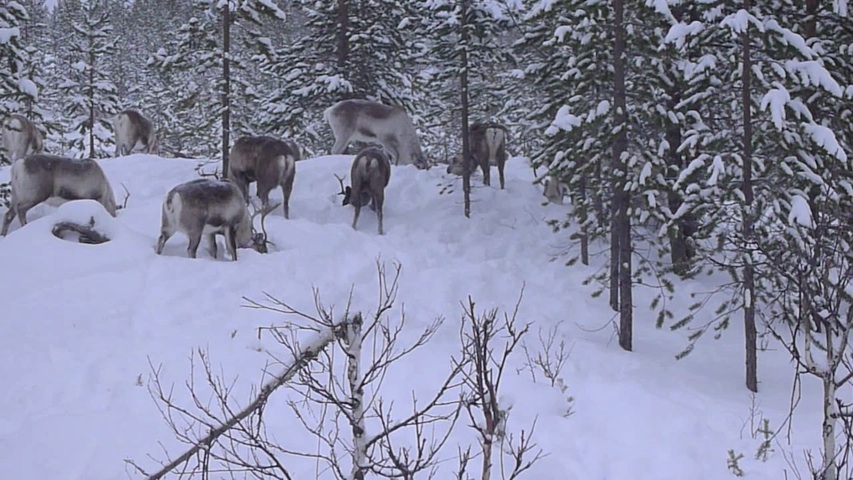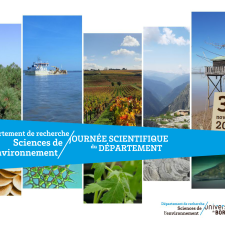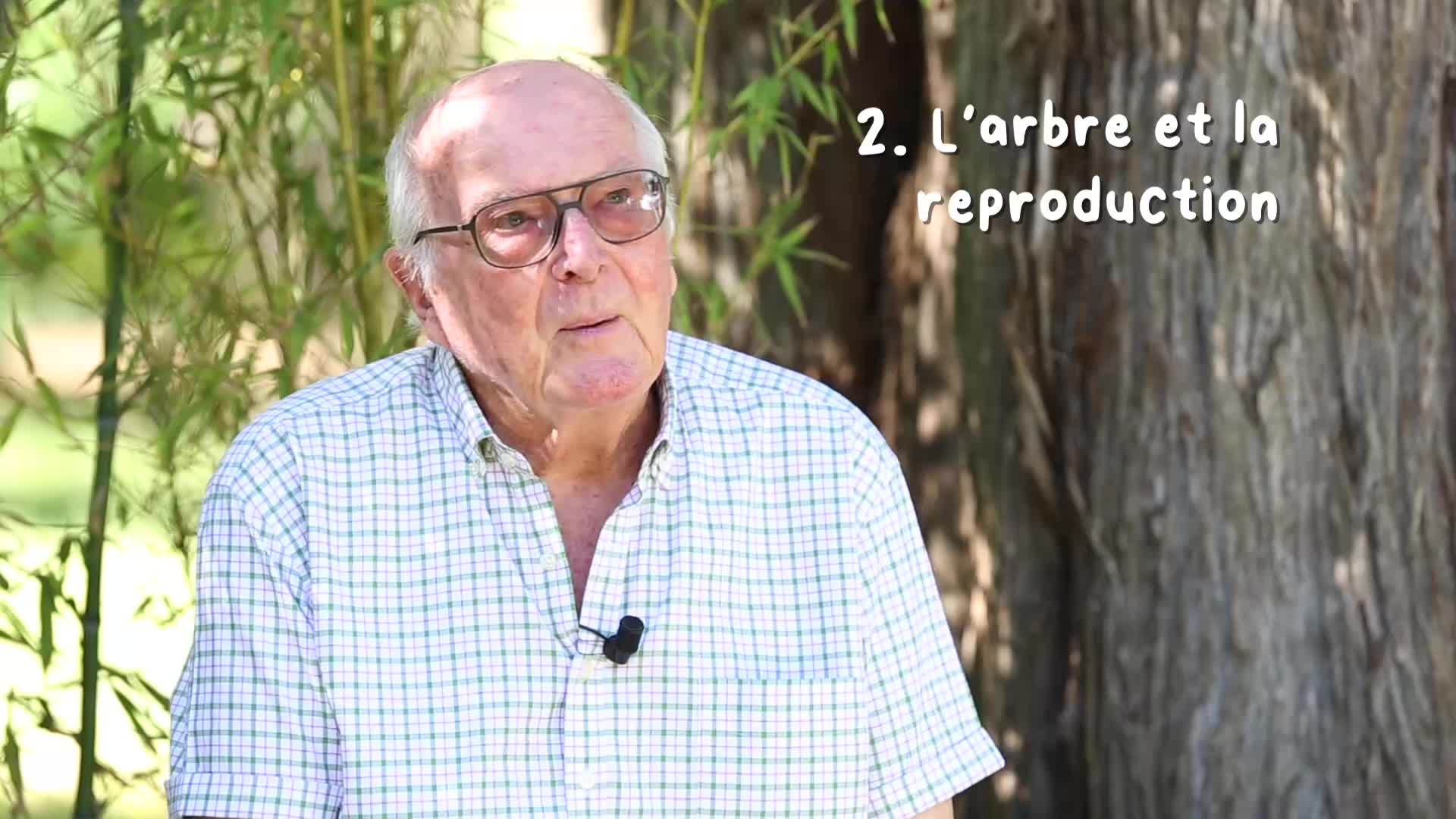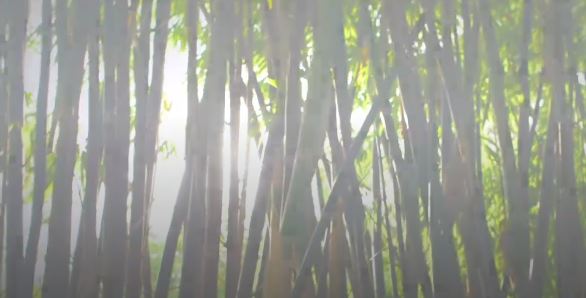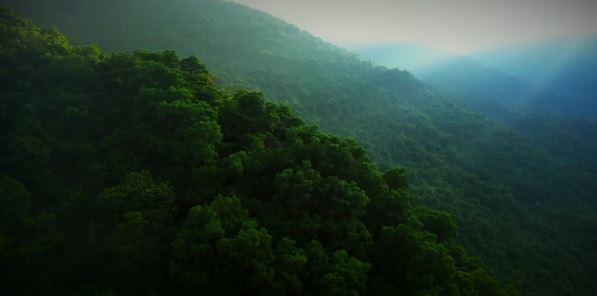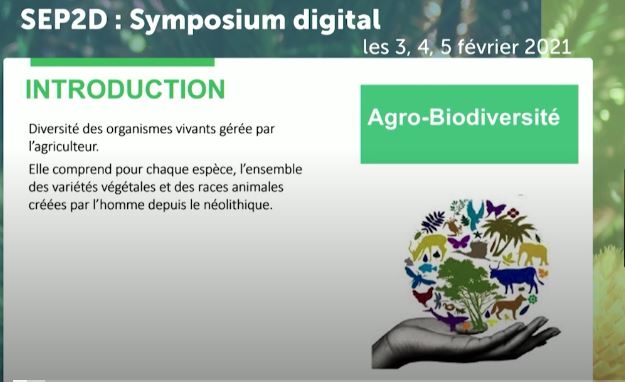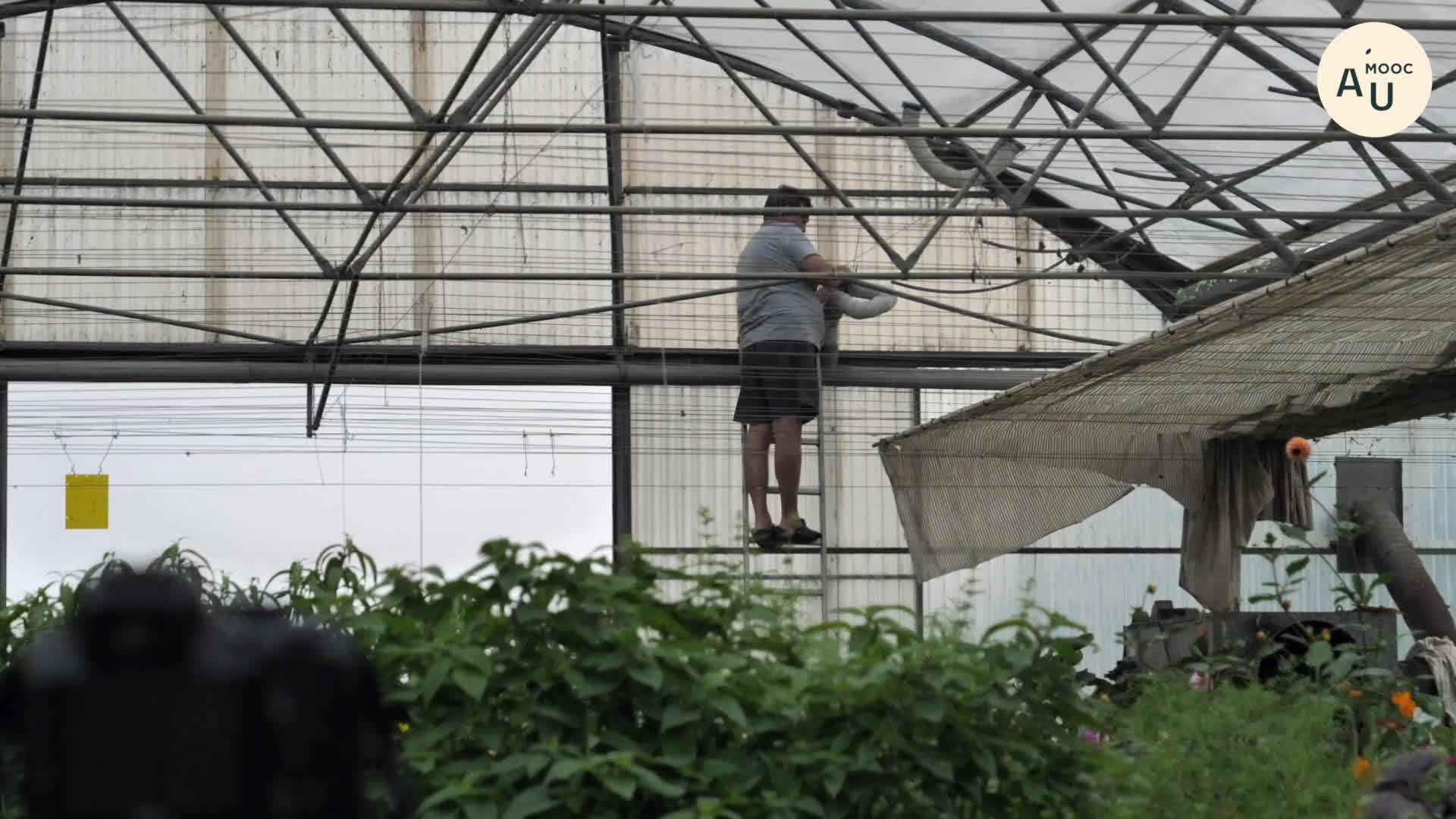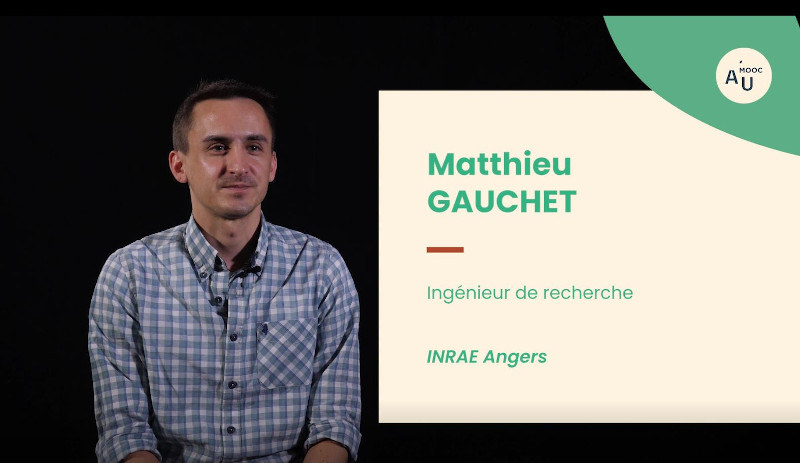Notice
« Working with Nature » – Sami reindeer herders and biodiversity in the boreal forest (2016)
- document 1 document 2 document 3
- niveau 1 niveau 2 niveau 3
Descriptif
Producedfor the ILK dialogue workshop (11-13 January 2016, UNESCO Headquarters, Paris)organized within the framework of the Intergovernmental Platform onBiodiversity and Ecosystem Services (IPBES), this film presents extracts frominterviews with three reindeer herders from the Sami community of Sirges inJokkmokk, Sweden. The herders attest to the importance of biological diversityfor their herding livelihood and their dependence on the health of the borealforest ecosystem. They describe the practices that threaten herding along withthe remaining stands of old forest, and their conflicts notably with industrialforestry. Expressed in other terms, they analyze the ecosystem servicesprovided by the biodiversity of their subarctic forest milieu, and confirm thatany threat to the biodiversity upon which they and their herds depend, is athreat to their way of life.
Avec les mêmes intervenants et intervenantes
-
The Science of Snow, Nautijaur, Lapland , 12 November 2010
ROTURIER Samuel
In Sápmi, a vast region of northern Europe also referred to as Lapland, Samireindeer herders are experts about snow
-
Science de la neige, Nautijaur, Laponie suédoise, 12 novembre 2010
ROTURIER Samuel
Version suèdoise, sous-titrée en français : Dans le Sápmi, vaste région du nord de l’Europe encore appelée Laponie, les Samis éleveurs de rennes sont des experts de la neige. Pour atteindre le
Sur le même thème
-
Decrypting the autophagy pathway in plants : the lipids perspective
BERNARD Amélie
Lors de l’édition 2022 de la « Journée scientifique du Département sciences de l’environnement de l’université de Bordeaux », les 11 unités rattachées au Département se sont relayées pour présenter
-
Généralités sur l’arbre
HALLé Francis
Francis Hallé, botaniste, évoque quelques points essentiels concernant les arbres.
-
Discours d'ouverture du 5 février 2021 Symposium en ligne de SEP2D : "Biodiversité végétale et dév…
•Mme Stéphanie BOUZIGES-ESCHMANN, Secrétaire Générale, Fonds Français pour l'Environnement Mondial (France)
-
Discours de clôture 5 février 2021 Symposium en ligne de SEP2D : "Biodiversité végétale et dévelop…
•M. Serge MULLER, Professeur, Muséum national d'Histoire naturelle – Président du Comité de pilotage du programme SEP2D (France) •M.Honoré TABUNA, Commissaire en charge de l'Environnement -
-
Clôture 4 février 2021 Symposium en ligne de SEP2D : "Biodiversité végétale et développement dura…
Clôture du 4 février2021 •Mme Maïté DELMAS, Directrice-adjointe de la Direction des Relations Européennes et Internationales, Muséum national d'Histoire naturelle – Vice-présidente du Comité de
-
Agrobiodiversité Symposium en ligne de SEP2D : "Biodiversité végétale et développement durable", …
Ouverture de la session thématique par : Aboubakar NJOYA, Président Directeur Général, Agriculture and Rural Development Strategies - Consulting Group (Cameroun) Caractérisations
-
Les phytovirus: machine de production de médicaments en Afrique subsaharienne
Ce film décrit l'exploitation au Burkina des virus de plantes comme outils biotechnologiques amplificateurs de la production de protéines recombinantes thérapeutiques. Les enjeux de l'exploitation
-
-
Exemple de Business Model : Nutreets
Présentation de l'activité de Nutreets : production de fruits, légumes et poissons bio en serres aquaponiques.
-
Exemple d’alternative aux sols pollués: la culture hors sol en hydroponie
SARLé Marion
Vidéo de présentation du programme de la semaine 3 qui s'axera sur l’hydroponie,une solution pour valoriser les sols pollués.
-
-
Protection des plantes vis-à-vis des ravageurs en Agriculture Urbaine
JALOUX Bruno
Vidéo de présentation du programme de la semaine 3 qui s'axera sur la lutte biologique intégrée en agriculture urbaine.


